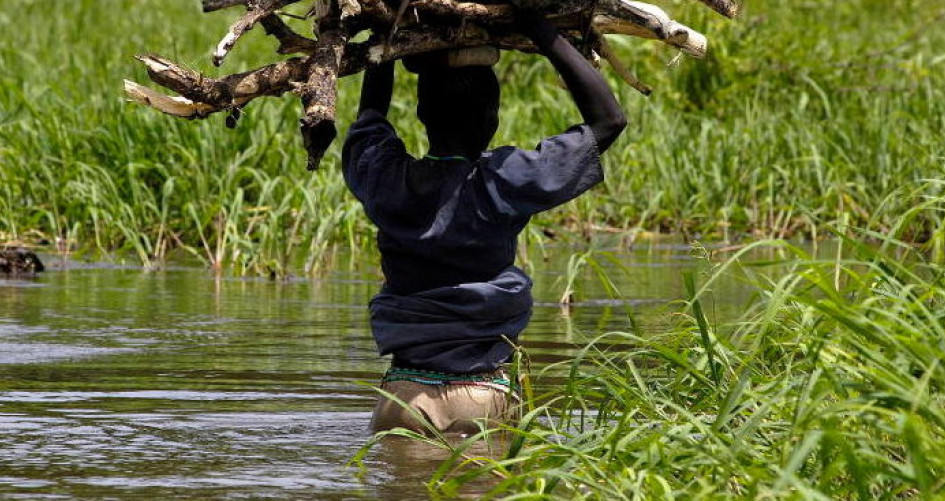UN Climate Change News, 27 October 2021 – With the effects of climate change accelerating around the world, including ever more frequent and intense storms, floods and droughts, increasing ambition in adapting to these impacts will be high on the agenda at the UN Climate Change Conference COP26 in Glasgow which starts next week.
The Nairobi Programme (NWP) - the UNFCCC’s knowledge-to-action hub on adaptation and resilience - together with its 430+ partners is helping developing countries boost adaptation action through enhanced knowledge.
Progress made in enhancing adaptation through knowledge was highlighted by the Chair of the UNFCCC Subsidiary Body for Scientific and Technological Advice (SBSTA), during three informal events held earlier this month to build momentum ahead of COP26.
Among the many examples showcased was how experts are responding to developing country needs in accessing the Green Climate Fund (GCF) for ocean-adaptation issues, including formulating and implementing National Adapation Plans (NAPs). The NWP expert group on oceans produced a NAP supplement outlining criteria that governments and practitioners could use to develop high-quality proposals to the GCF targeted at coastal adaptation and nature-based solutions. This supplement was prepared with inputs from the GCF Secretariat and the Least Developed Countries Expert Group (LEG).
Together with the NWP expert group on oceans, the UNFCCC Technology Executive Committee (TEC) has been working to promote integrated technological and ecosystem-based approaches to build the climate resilience of ocean and coastal communities and ecosystems.
One example of concrete and scalable action on the ground relates to activities of the Climate Investment Funds. The Climate Investment Funds (CIF) is working with private sector entities to pilot a flood resilient crop variant in coastal communities in Bangladesh. The effort is establishing ecosystem agribusiness to enhance resilience of smallhold farmers. This adaptation solution addresses the barriers to access finance for scaling up nature-based solutions.
Progress has also been made in bridging knowledge gaps in different regions of the world. During 2020 and 2021, the UN Climate Change secretariat, in partnership with WGEO (Regional Collaboration Center for the Middle East, North Africa and South Asia), the UNEP Regional Office for West Asia, and the UN Economic and Social Commission for Western Asia (ESCWA), engaged international, regional, national and local partners to identify and co-design actions to close persistent knowledge gaps in North Africa and West Asia subregions.
For the North African subregion, the lack of access to data related to rain-fed agriculture and irrigated agriculture is a priority knowledge gap. UNESCWA and the International Center for Agricultural Research in the Dry Areas (ICARDA) are implementing a project that looks at assimilating long-time climate data into crop simulating models with the aim of implementing a context specific climate best adaptation options in the Arab region.
Learn more:
To learn more about the informal SBSTA events, visit the event pages:
Informal meeting by the SBSTA Chair with the UNFCCC constituted bodies on the NWP
National Policy, Local Action: Scaling Integrated Approaches to Strengthen Coastal and Ocean Adaptation
See recording here.
Informal event on closing adaptation knowledge gaps through partnerships
See recording here.
For more information on the NWP, please visit the UNFCCC page and Adaptation Knowledge Portal.
